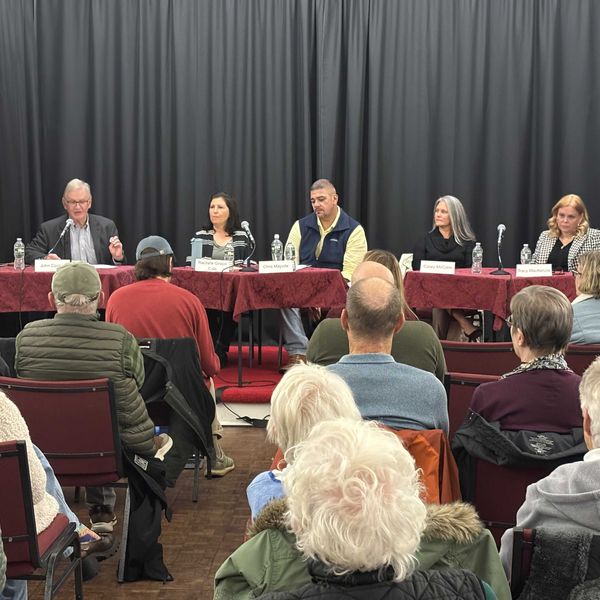Widow speaks about husband’s murder as suspect goes to court

Longtime Amenia resident Juan Cedillo, above, was killed on Sunday, Jan. 16. David A. Trotta is being charged. The two were neighbors in the same Wassaic apartment building. Photo submitted

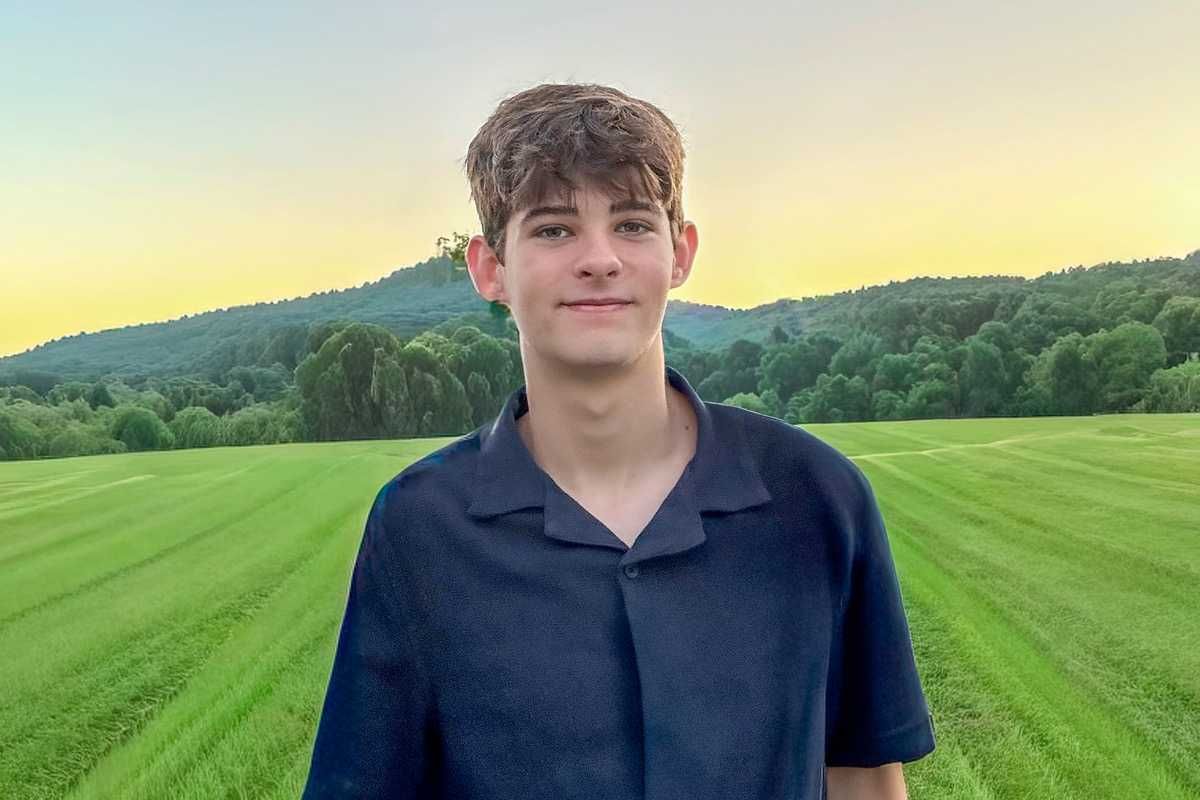
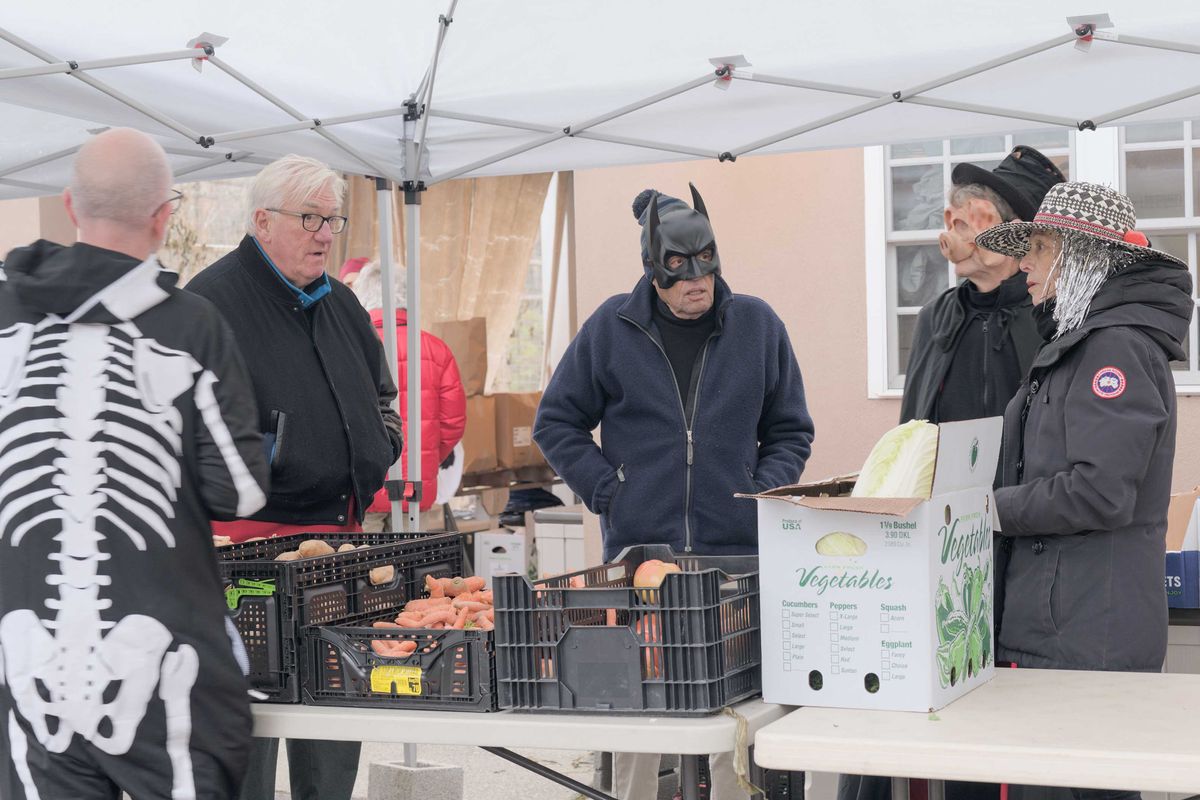

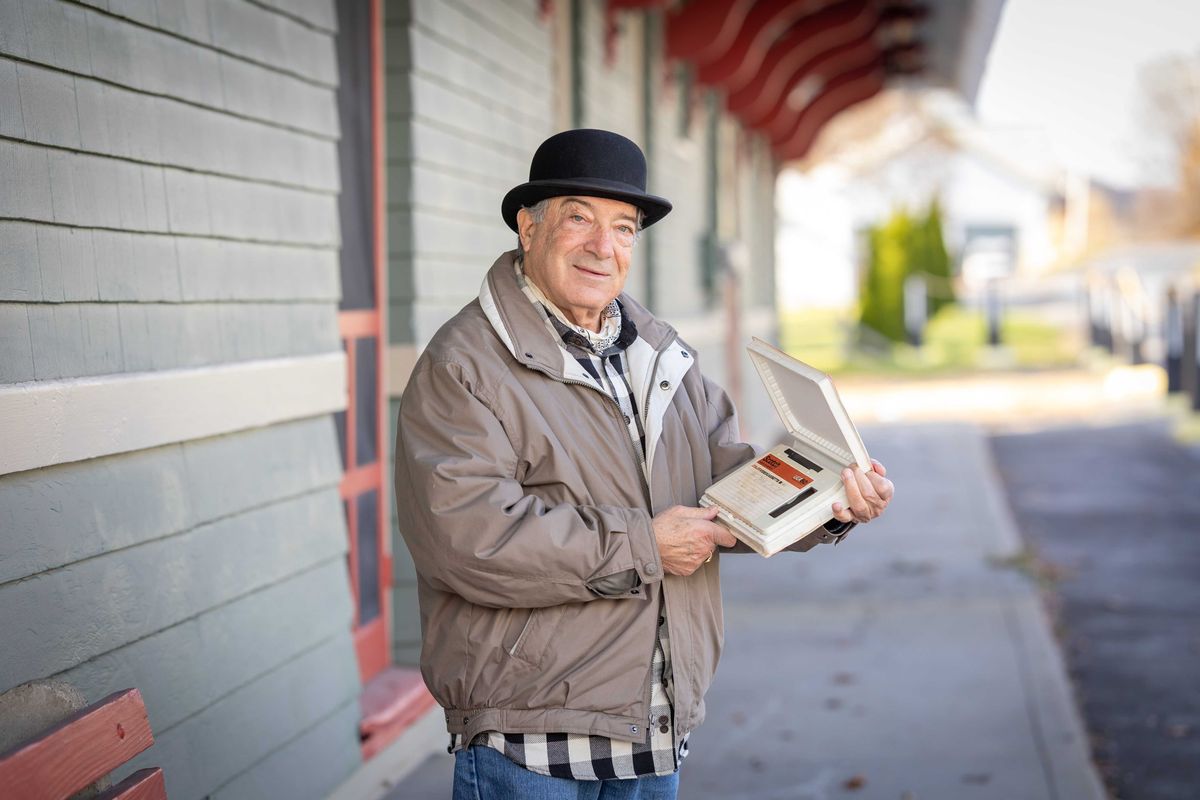

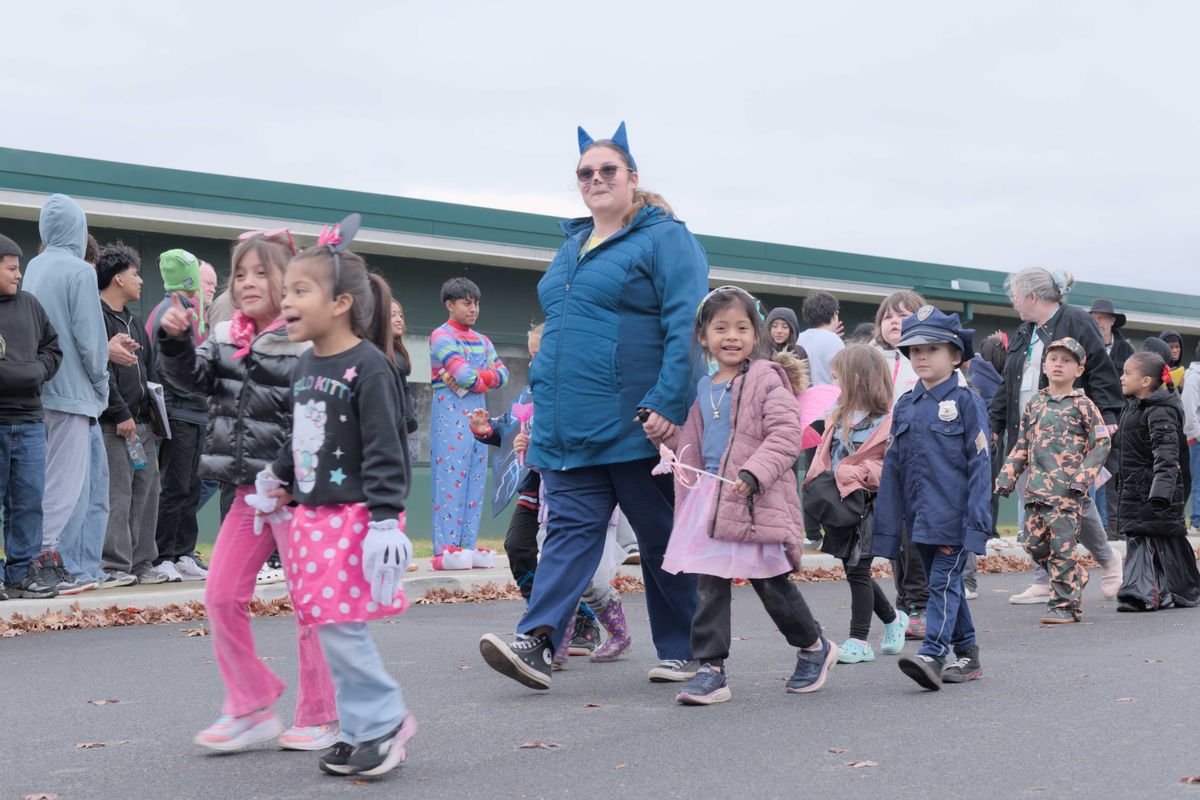
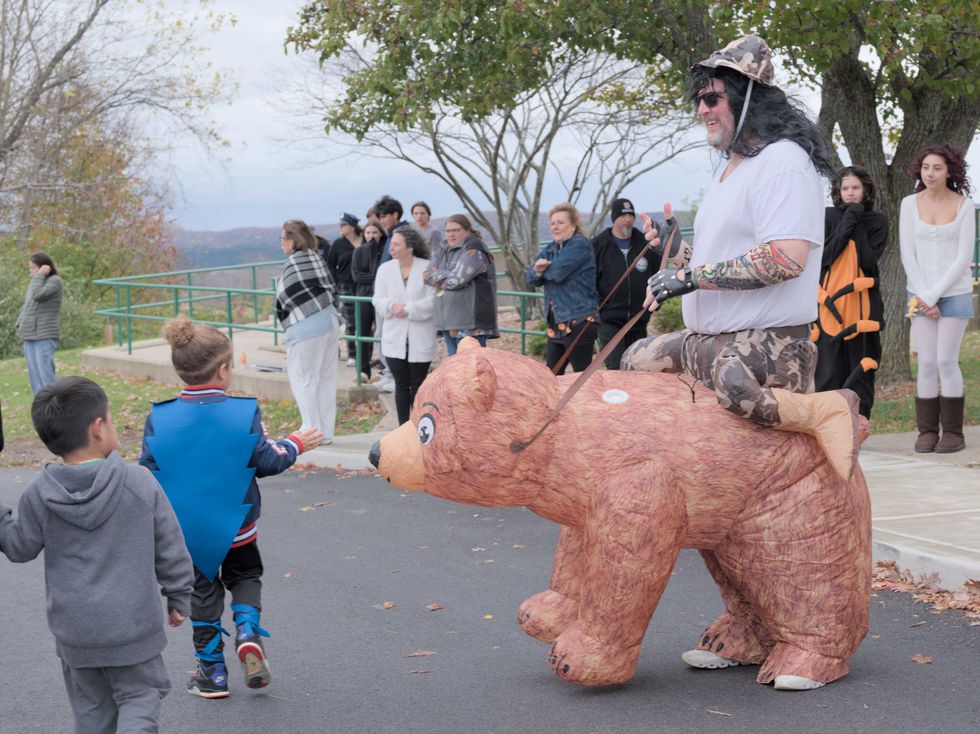 Webutuck High School social studies teacher Kevin Kleespies let students pet his bear steed as they passed.Nathan Miller
Webutuck High School social studies teacher Kevin Kleespies let students pet his bear steed as they passed.Nathan Miller





